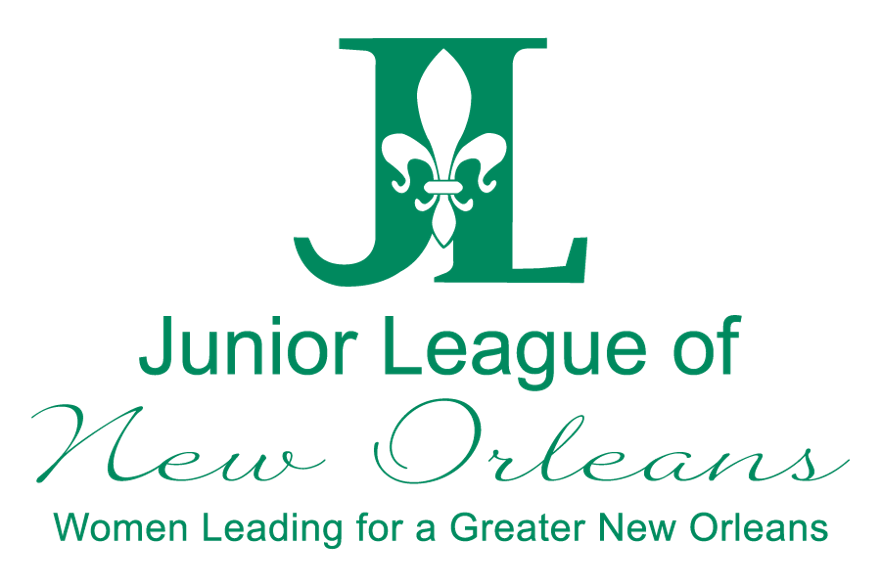Our Vision:
A New Orleans where women are able to realize their full potential, driving transformative community impact.
Our Focus:
We are committed to advancing the wellbeing of local women through the use of trained volunteers that provide direct service, educate the community, and advocate for issues that affect women.
JLNO specifically works to tackle three strategic goals:
• Improving economic opportunities for women and supporting women’s potential to seize those opportunities
• Providing needed family support to alleviate the burdens on women caregivers
• Promoting information and resources for women’s health, allowing them to live healthy and happy lives
Our projects, programs, and partnerships relate to the areas of women’s health and wellness, education, entrepreneurship and professional development, leadership development, and caregiver support. Our work, both in fund development and service, seeks to heighten women’s participation in our community and address those issues uniquely facing women.
We hope that we can help women increase their confidence, productivity, and income levels. Their mentoring of others and reinvesting in their children’s education, family’s health, and economic activity will contribute in a meaningful way to bettering Metropolitan New Orleans. By supporting women, JLNO elevates the entire local community.
